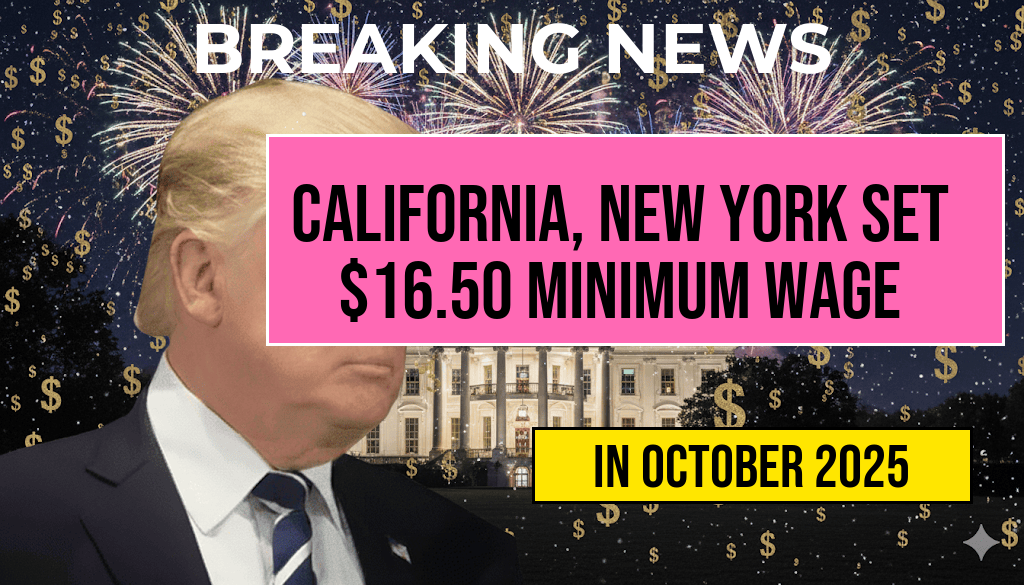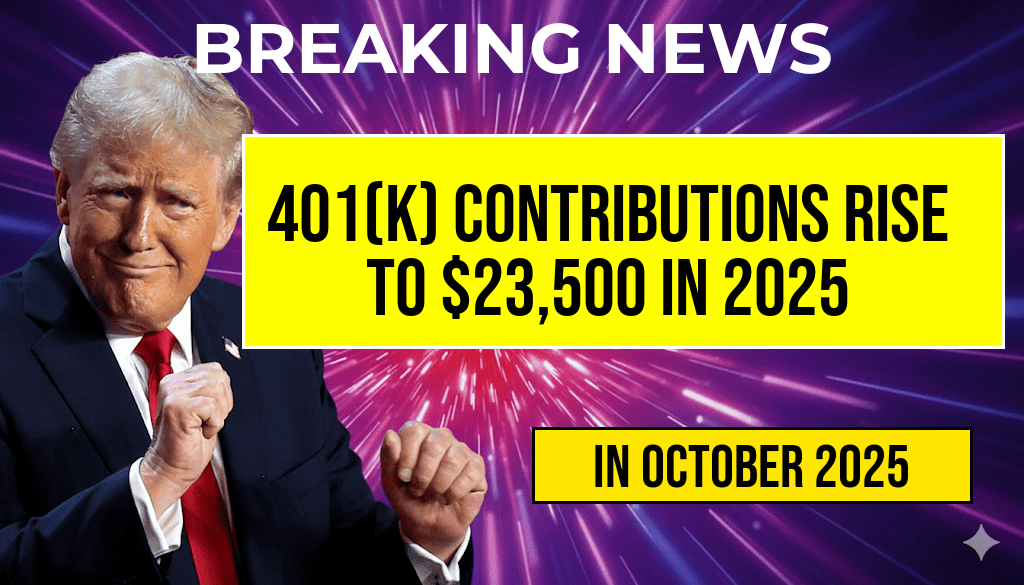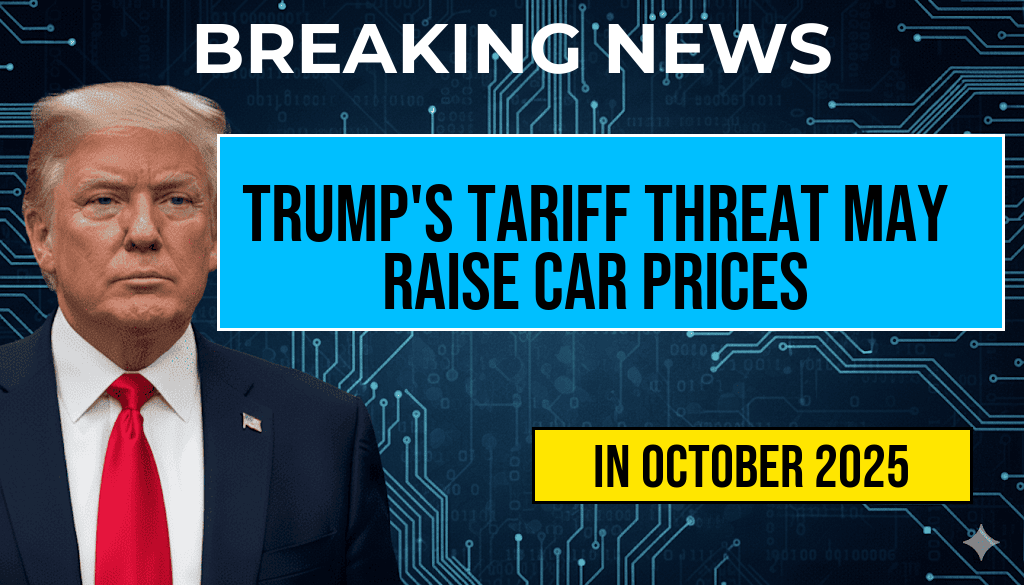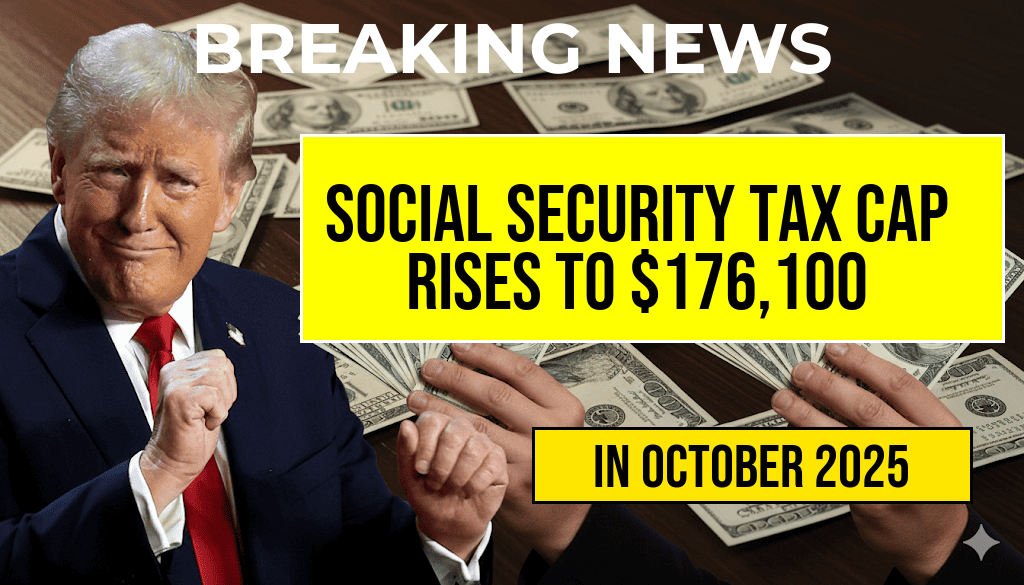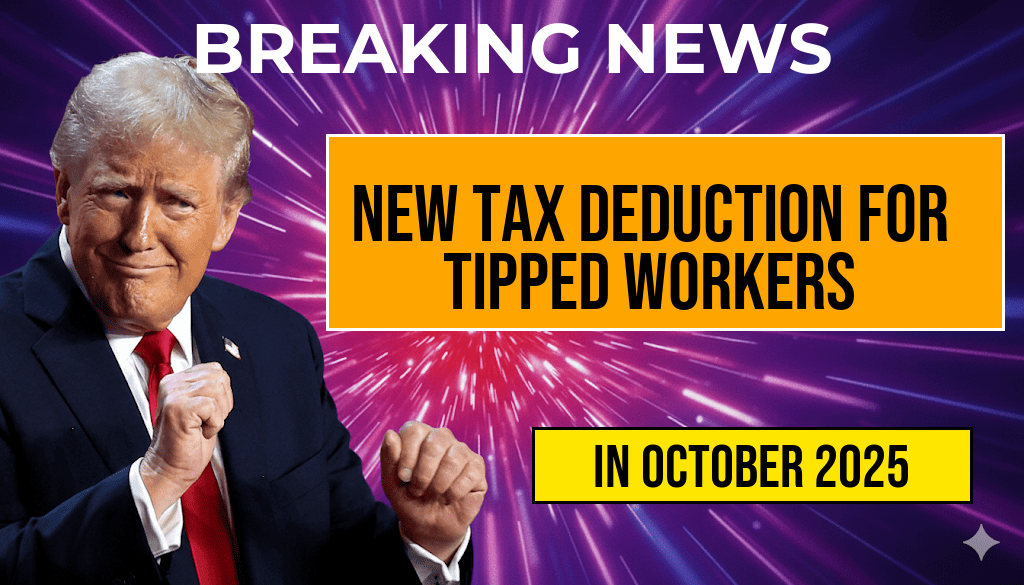As the Biden administration prepares to implement its upcoming tax reforms, wealthiest Americans are projected to see an increase of approximately $5,000 in net income. This adjustment, aimed at generating more equitable wealth distribution, is stirring discussions among economists and policymakers. The proposed tax changes, which are set to take effect in the coming fiscal year, primarily focus on closing loopholes and increasing taxes on the highest income brackets. This move is expected to generate significant revenue for various public initiatives, including infrastructure and healthcare. However, it raises questions about the long-term impacts on economic growth and investment among the wealthiest citizens.
Details of the Tax Reforms
The tax reforms are designed to alter the landscape of income taxation in the United States significantly. Key provisions include:
- Increase in Capital Gains Tax: The proposed reforms aim to raise the capital gains tax rate for individuals earning over $1 million from 20% to 39.6%. This change is expected to primarily affect high-net-worth investors.
- Elimination of Certain Deductions: Certain tax deductions that disproportionately benefit wealthy taxpayers are slated for elimination. This includes deductions for state and local taxes (SALT) that have been a point of contention in previous tax reforms.
- Corporate Tax Adjustments: The corporate tax rate is expected to rise from 21% to 28%, targeting corporations earning over $400,000 annually. This change aims to reduce income inequality and increase funding for public services.
Impact on Wealthiest Americans
According to estimates from the Tax Policy Center, the wealthiest 1% of Americans will see their net income rise by an average of $5,000 due to these reforms. This figure is based on projected changes in tax liabilities and the potential for increased government spending that could stimulate economic growth.
Economic Perspectives
While some economists argue that raising taxes on the wealthy can lead to a more balanced economic environment, others caution against potential negative repercussions.
- Support for Public Services: Advocates of the tax reforms argue that increased revenue from the wealthy will fund essential public services, thus benefiting the broader economy.
- Investment Concerns: Critics express concerns that higher taxes could deter investment among high-net-worth individuals, potentially slowing economic growth and job creation.
Public Reaction and Political Landscape
The announcement of these tax reforms has sparked a range of reactions across the political spectrum. Supporters argue that it is necessary to address systemic inequalities, while opponents view it as a punitive measure against success. With midterm elections approaching, this issue is likely to become a focal point in campaign discussions.
Public Opinion Polls
Recent surveys indicate a divided public sentiment regarding the proposed reforms. According to a poll conducted by Pew Research Center, approximately 55% of Americans support raising taxes on the wealthiest citizens to fund public projects, while 40% oppose such measures.
| Opinion | Percentage |
|---|---|
| Support Raising Taxes | 55% |
| Oppose Raising Taxes | 40% |
| Undecided | 5% |
Conclusion
The forthcoming tax reforms are poised to reshape the financial landscape for the wealthiest Americans, potentially increasing their net income while simultaneously aiming to enhance funding for public services. As debates continue, the focus will be on balancing economic growth with fair taxation. The implications of these reforms will be closely monitored as they unfold in the coming months.
Frequently Asked Questions
What are the upcoming tax reforms that will benefit the wealthiest Americans?
The upcoming tax reforms involve adjustments to income tax rates and deductions that primarily favor high-income earners, allowing them to retain more of their earnings.
How much additional net income are the wealthiest Americans expected to gain?
The wealthiest Americans are projected to gain an average of $5,000 in net income as a result of the new tax measures.
Who qualifies as one of the wealthiest Americans under these reforms?
The term wealthiest Americans typically refers to individuals or households with high annual incomes, often in the top 1% of earners, who will benefit most from these changes.
What impact will these tax reforms have on the overall economy?
Supporters argue that the tax reforms could stimulate economic growth by encouraging investment and spending among high-income individuals, while critics worry about increasing inequality.

